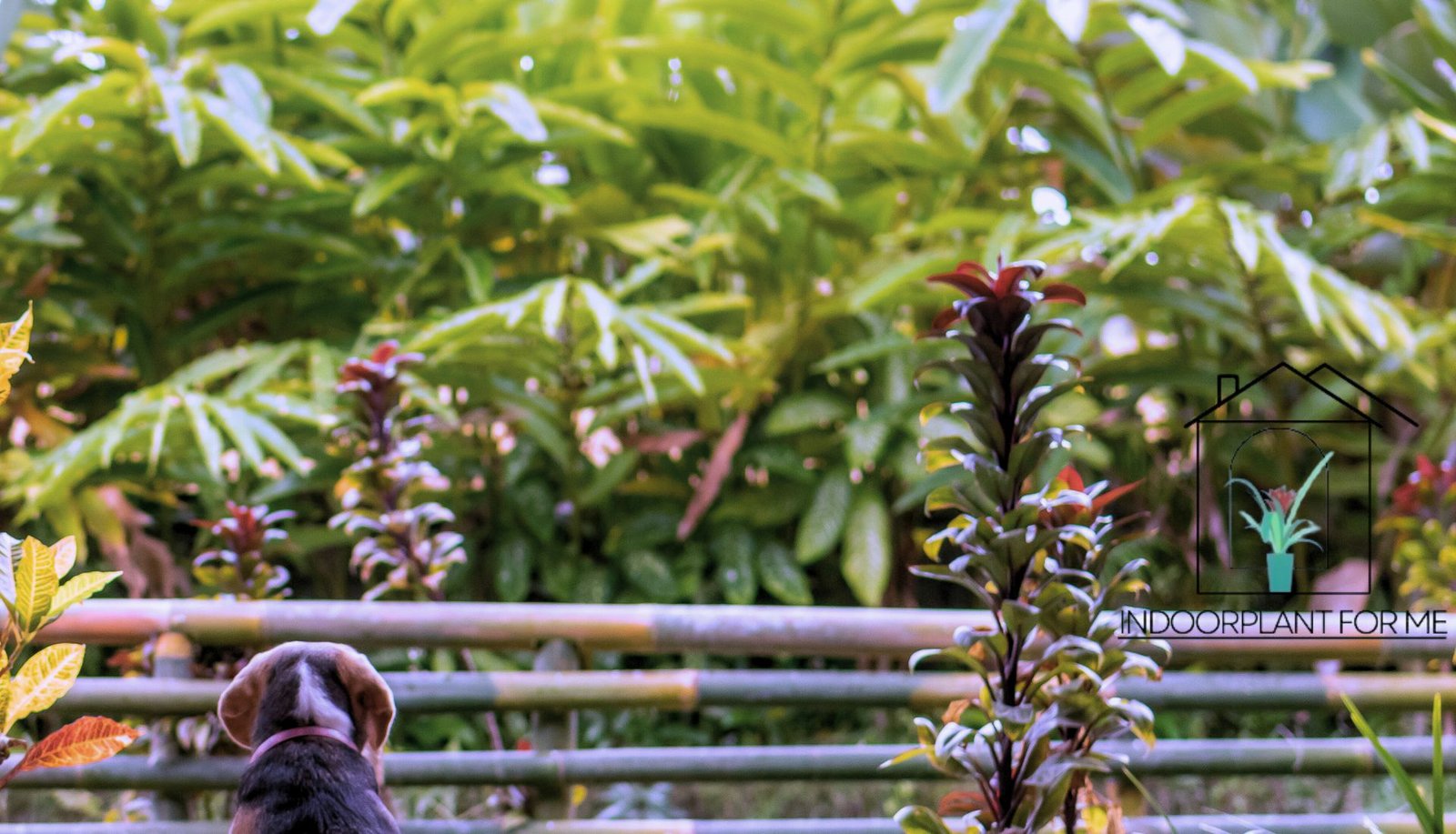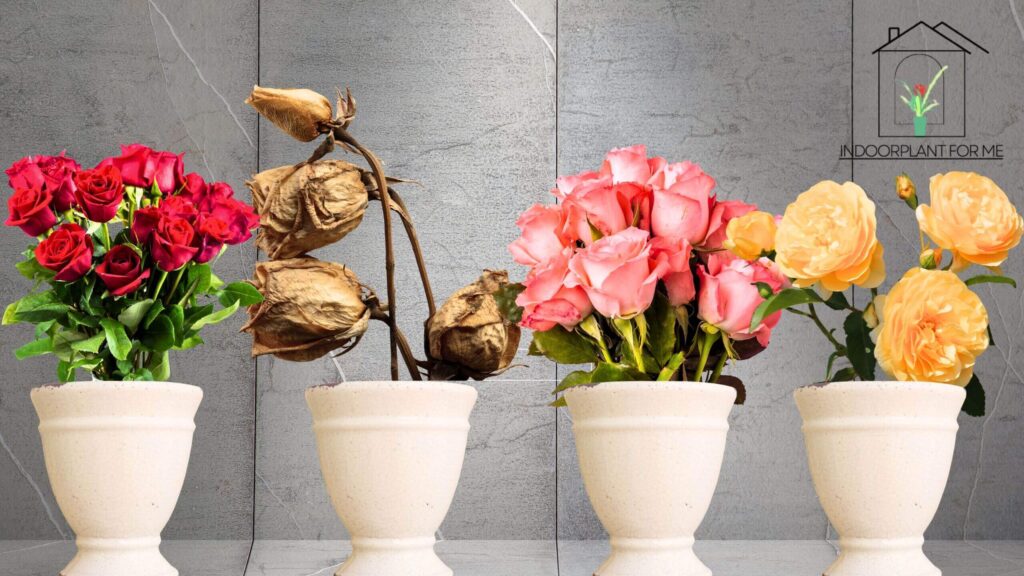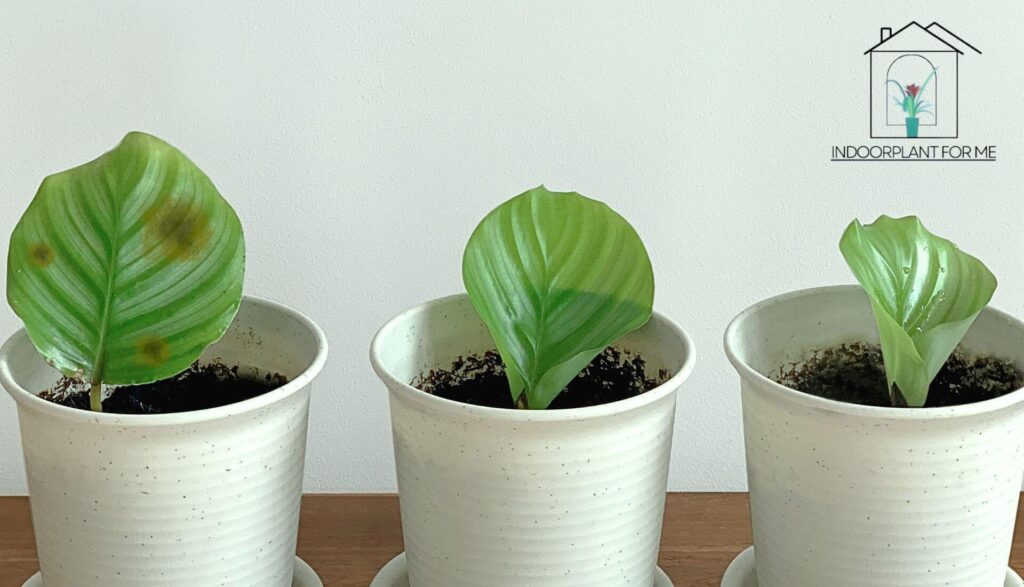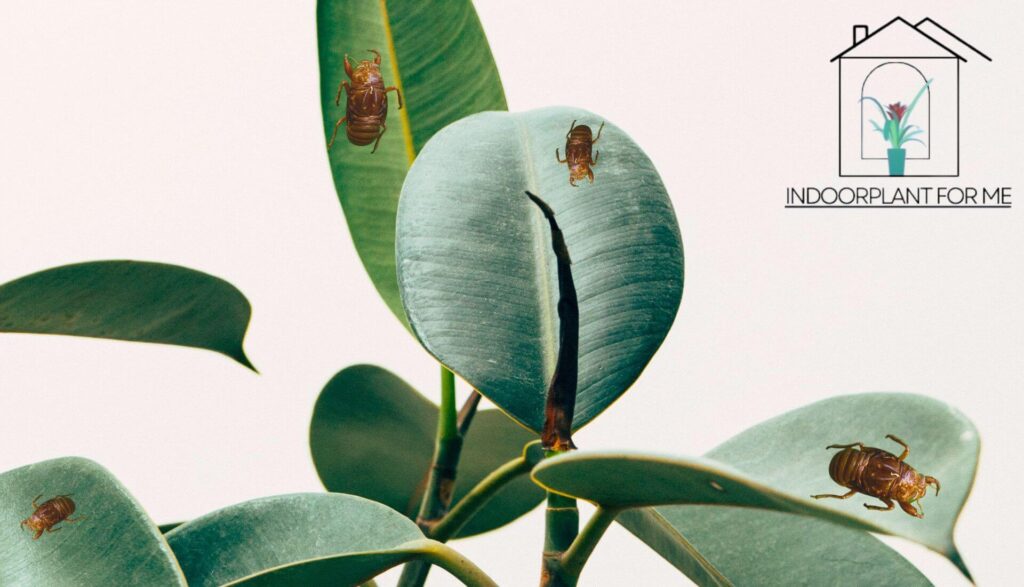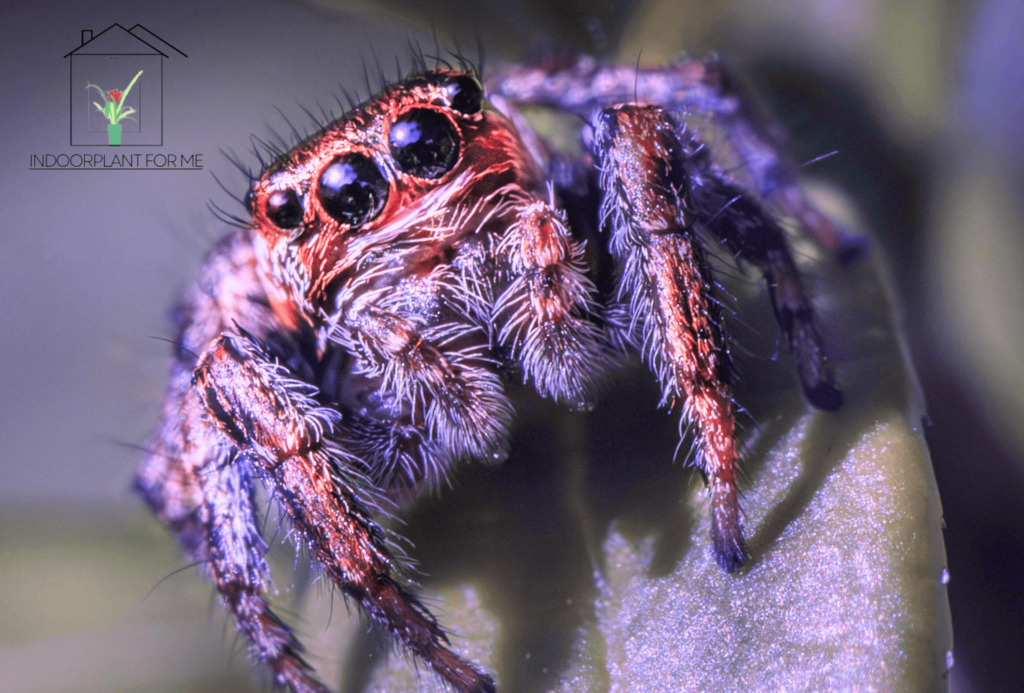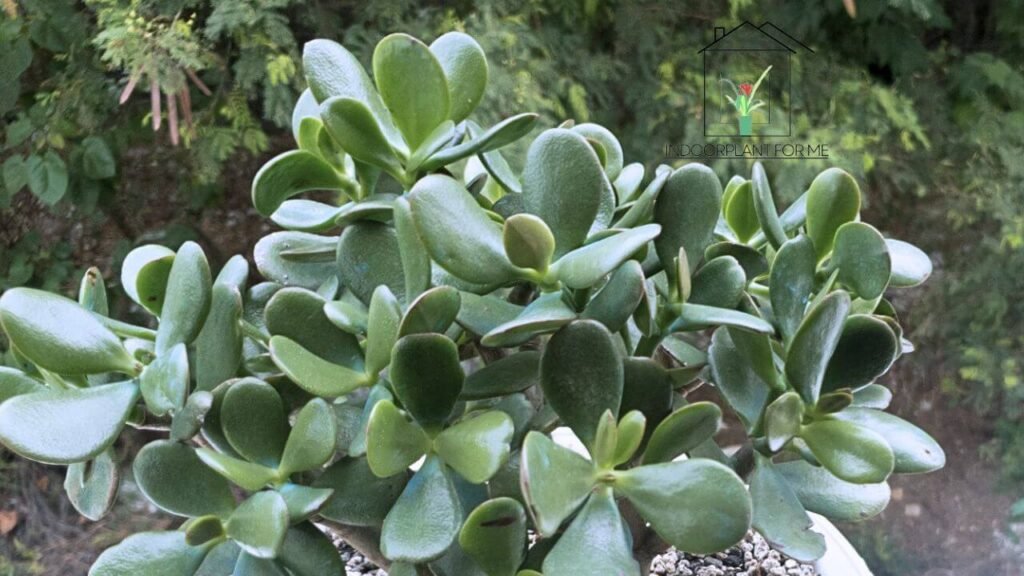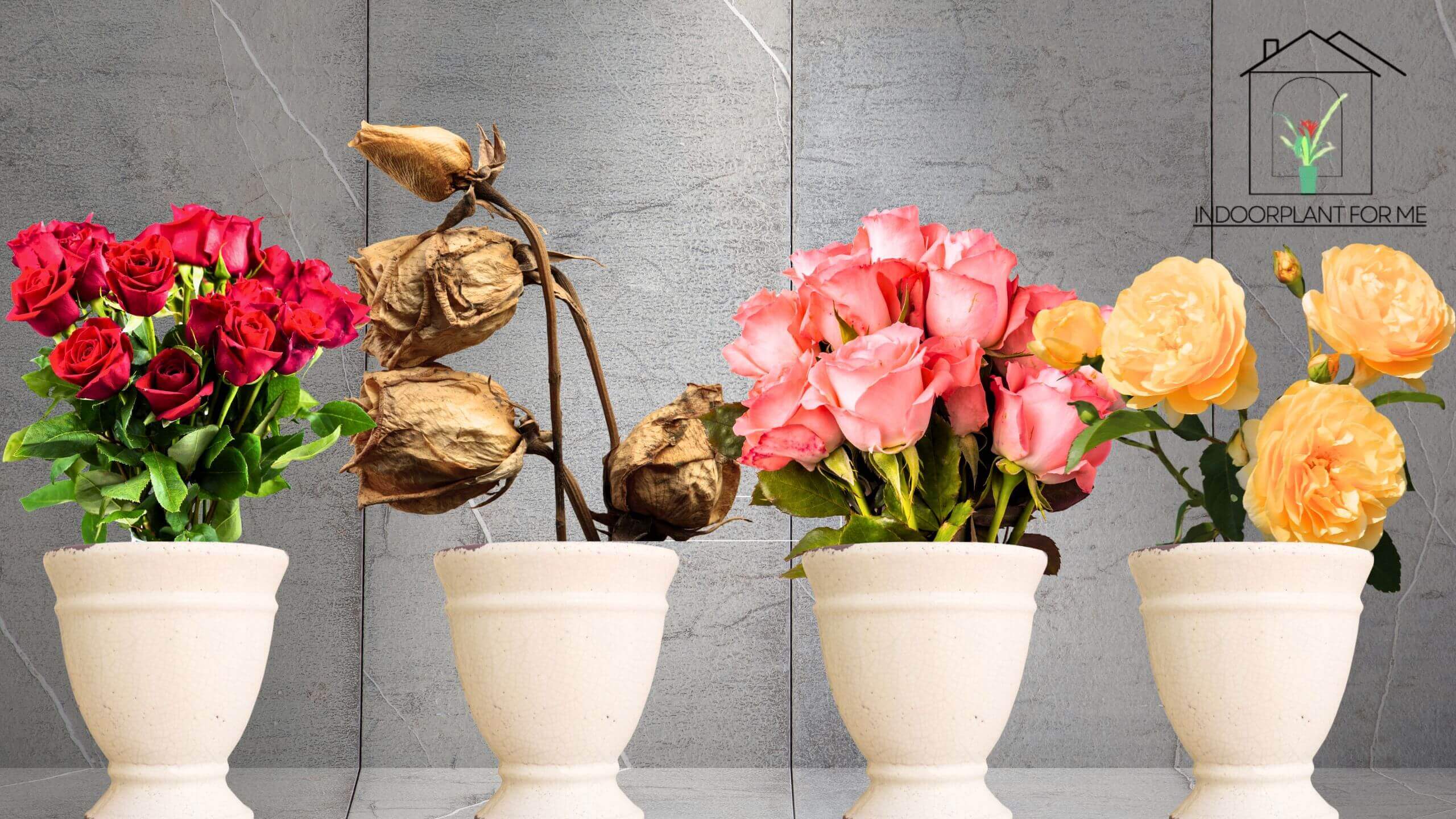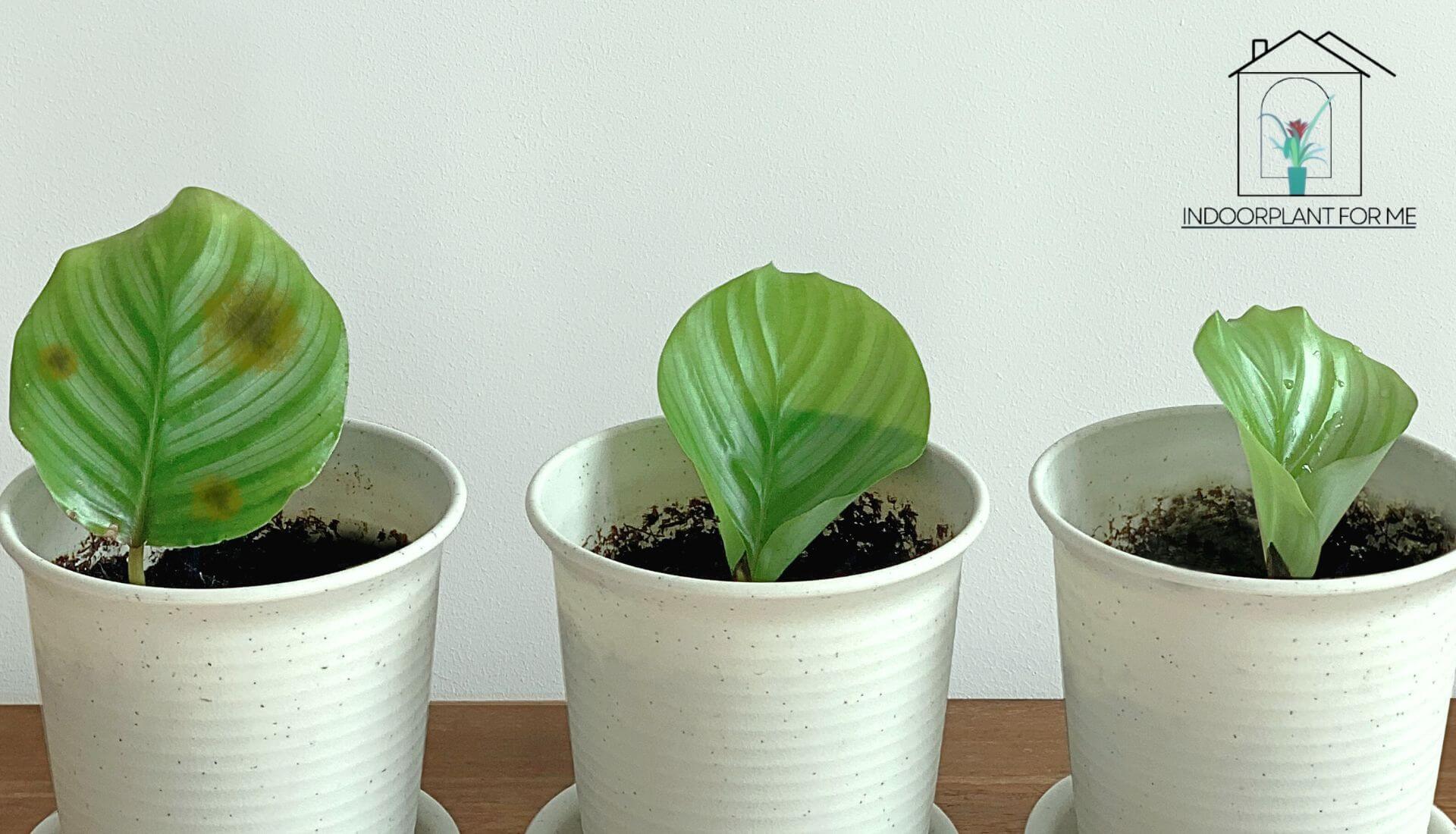Are jade plants poisonous to dogs? Yes! Jade plants are not safe for pets including dogs and cats.
These succulents contain toxic compounds that can be harmful if ingested by our furry companions.
The Allure of Jade Plants and the Risk to Our Canine Companions
With their thick, fleshy leaves and miniature tree-like appearance, Jade plants have become a beloved addition to many households.
Their hardy nature and ability to thrive in various conditions make them a popular choice for plant enthusiasts. However, for dog owners, a crucial question arises: are these verdant beauties safe for our furry companions?
In this comprehensive guide, we’ll explore the potential hazards of jade plants for dogs, the symptoms to watch out for, and the steps you can take to ensure your canine’s well-being around these captivating houseplants.
Jade Plants: A Closer Look
Before delving into the potential risks, let’s familiarize ourselves with the jade plant (Crassula ovata).
Native to South Africa and Mozambique, these succulents belong to the Crassula genus and are prized for their unique appearance and ease of care.
Is Jade Plant a Succulent Plant?
clICK HERE
Identifying Features
– Thick, oval-shaped leaves
– Woody stems that can grow into small tree-like shapes
– Clusters of small, star-shaped white or pink flowers
– Smooth, waxy surface on leaves and stems
While jade plants are generally regarded as non-toxic to humans, their safety for dogs is a different matter entirely.
Are Jade Plants Poisonous to Dogs?
The short answer is yes, jade plants are considered poisonous to dogs if ingested. However, the degree of toxicity can vary, and not all cases result in severe reactions.
Toxic Compounds in Jade Plants
Jade plants contain several compounds that can be harmful to dogs, including:
– Saponins: These natural soap-like compounds can cause gastrointestinal irritation and vomiting.
– Bufadienolides: These cardiac glycosides can potentially affect the heart rate and rhythm if consumed in large quantities.
It’s important to note that the level of toxicity can vary depending on the amount of plant material ingested and the size and health of your dog.
Symptoms to Watch For
If your dog has ingested any part of a jade plant, it’s crucial to monitor them closely for the following symptoms:
| Symptom | Description |
| Vomiting | One of the most common signs of jade plant poisoning. |
| Diarrhea | May occur due to gastrointestinal irritation. |
| Lethargy | Your dog may appear unusually tired or weak. |
| Loss of appetite | A decreased interest in food or water. |
| Drooling | Excessive salivation can be a sign of distress. |
| Abnormal heart rate | In severe cases, cardiac glycosides can affect the heart rhythm. |
How to Treat Botrytis Blight on Roses: A Comprehensive Guide
Roses are undoubtedly one of the most beautiful and beloved flowers in any garden. With…
Should I Cut Brown Spots Off Fiddle Leaf Fig: A Complete Guide to Pruning Your Precious Plant
Yes, you can cut brown spots off a fiddle leaf fig, using the complete guide…
Can You Drown Mealybugs? Effective Strategies for Pest Control
Yes, you can drown mealybugs. It is one of the Effective Strategies for Pest Control. The…
How Fast Do Jade Plants Grow? A Comprehensive Guide
Would you like to know how fast do jade plants grow? Generally, young jade plants…
Exploring the Predatory Habits of Jumping Spiders: Do They Feast on Spider Mites?
Does the idea of exploring the predatory habits of jumping spiders interest you? Do you…
Do Jade Plants Need Sun
Asking the question; Do Jade Plants Need Sun? Yes, jade plants thrive in plenty of…
If you notice any of these symptoms after your dog has ingested a jade plant, it’s essential to seek immediate veterinary attention.
Keeping Your Dog Safe Around Jade Plants
While jade plants pose a potential risk to dogs, there are several steps you can take to minimize the chances of accidental ingestion and keep your furry friend safe.
Placement and Access
– Keep jade plants out of reach: Place them on high shelves or hanging baskets where your dog cannot access them.
– Use plant stands or tabletop displays: Elevate the plants to prevent curious paws from knocking them over.
– Create a designated plant area: Consider setting up a room or area where your dog is not allowed, ensuring the plants are kept separate.
Training and Supervision
– Teach your dog the “leave it” command: This will discourage them from investigating plants.
– Supervise your dog around plants: Keep a watchful eye, especially if your dog is known to chew or dig.
– Use deterrents: Sprays or natural repellents can discourage your dog from approaching certain areas or objects.
Jade Plant Alternatives for Dog Owners
If you’re concerned about the potential risks of jade plants, consider exploring pet-friendly alternatives that can add greenery to your home without compromising your dog’s safety. Here are a few options:
- – Spider plants
- – Boston ferns
- – Bamboo
– Succulents like Haworthia or Echeveria (with supervision)
Remember, it’s always best to research any new plant thoroughly before introducing it to your home, especially if you have pets.
Seek Veterinary Assistance
If you suspect that your dog has ingested a jade plant, don’t hesitate to seek professional help. Contact your veterinarian immediately or reach out to the ASPCA Animal Poison Control Center for guidance.
Prompt treatment and professional care can greatly improve the chances of a positive outcome and help ensure your furry friend’s well-being.
FAQs
What Happens If A Dog Eats A Jade Plant?
If your canine companion ingests any part of a jade plant, it’s crucial to monitor them closely for potential signs of toxicity.
The plant contains saponins and bufadienolides, compounds that can lead to gastrointestinal distress and, in severe cases, affect the heart rate and rhythm.
Vomiting and diarrhea are among the most common symptoms your dog may exhibit after consuming a jade plant.
Other signs to watch out for include lethargy, loss of appetite, excessive drooling, and an abnormal heart rate.
The severity of the reaction can vary depending on the amount ingested and your dog’s size and overall health.
How Poisonous Are Jade Plants?
While jade plants are generally considered poisonous to dogs, the degree of toxicity can range from mild to severe, depending on the amount consumed.
The toxic compounds present in these plants, such as saponins and bufadienolides, can cause gastrointestinal irritation, and vomiting, and potentially impact the heart rate and rhythm in large quantities.
It’s important to note that even small amounts of jade plant material can be harmful to dogs, especially for smaller breeds or puppies.
The risk of toxicity increases with the quantity ingested, so it’s crucial to seek immediate veterinary attention if you suspect your dog has consumed any part of the plant.
Are Jade Plants Safe For Pets?
No, jade plants are not considered safe for pets, including dogs and cats.
These succulents contain toxic compounds that can be harmful if ingested by our furry companions.
While the level of toxicity may vary, it’s best to err on the side of caution and keep jade plants out of reach of pets.
Even small amounts of the plant material can potentially cause adverse reactions, such as vomiting, diarrhea, and lethargy.
If you have pets in your home, it’s recommended to either avoid keeping jade plants or take extra precautions to ensure they are placed in areas inaccessible to your furry friends.
What Animal Eats Jade Plants?
While jade plants are toxic to dogs and many other household pets, certain animals in their natural habitats have adapted to consume these succulents without adverse effects.
One notable example is the jade plant beetle (Cylindrocaulus pataliatus), a small insect native to South Africa that feeds exclusively on the leaves and stems of jade plants.
These beetles have developed a tolerance to the toxic compounds found in the plants, allowing them to thrive on this unique food source.
Additionally, some larger herbivores, such as tortoises and certain species of lizards, may occasionally browse on jade plants without experiencing significant harm, likely due to their ability to metabolize the toxic compounds more efficiently.
What Can I Give My Dog If He Ate A Poisonous Plant?
If you suspect that your dog has ingested a poisonous plant, such as a jade plant, it’s crucial to act quickly and seek professional veterinary assistance.
Time is of the essence in these situations, as prompt treatment can greatly improve the chances of a positive outcome.
While waiting for veterinary care, there are a few steps you can take:
1. Induce vomiting: If the ingestion occurred within the last two hours, your veterinarian may recommend inducing vomiting to expel the plant material from your dog’s system.
However, it’s essential to follow their specific instructions and never attempt this without professional guidance.
2. Provide activated charcoal: Activated charcoal can help absorb any remaining toxins in the digestive system, reducing their absorption into the bloodstream.
Your veterinarian may recommend administering a specific dosage based on your dog’s weight and condition.
3. Offer plenty of water: Encouraging your dog to drink water can help flush out any remaining toxins and prevent dehydration.
Remember, never attempt to treat your dog at home without consulting a veterinarian first. Poisonous plant ingestion can be serious and may require immediate medical intervention.
What Are The Benefits Of Jade Plants?
Despite their potential toxicity to dogs and other pets, jade plants offer several benefits that have made them a popular choice for indoor gardening enthusiasts:
1. Low maintenance: Jade plants are known for their hardy nature and ability to thrive with minimal care.
They can tolerate periods of drought and neglect, making them ideal for busy households or those with a less-than-green thumb.
2. Air purification: Like many other houseplants, jade plants can help purify the indoor air by absorbing harmful pollutants and releasing oxygen, improving the overall air quality in your living spaces.
3. Aesthetic appeal: With their unique, succulent leaves and tree-like growth habits, jade plants add a touch of natural beauty and visual interest to any room or outdoor space.
4. Longevity: Jade plants are long-lived and can flourish for decades with proper care, making them a lasting addition to your plant collection.
5. Propagation: These plants are easily propagated from stem cuttings or leaves, allowing you to share or expand your jade plant collection effortlessly.
While enjoying the benefits of jade plants, it’s essential to exercise caution if you have pets in your household and take the necessary precautions to prevent accidental ingestion.
Are Jade Leaves Edible?
No, jade plant leaves are not considered edible for humans or animals.
These succulent leaves contain toxic compounds, such as saponins and bufadienolides, which can cause adverse reactions if ingested.
While some sources may suggest that jade leaves are edible in small quantities, it’s generally not recommended to consume any part of this plant, especially if you have concerns about potential toxicity.
If you’re interested in incorporating edible succulents into your diet, it’s best to explore safer options like purslane, nopales (prickly pear pads), or certain varieties of sedum that are specifically cultivated for culinary purposes.
Can I Have A Jade Plant In My Bedroom?
While jade plants are generally considered safe for humans to have in living spaces, it’s essential to exercise caution if you have pets or young children in your household.
These plants contain toxic compounds that can be harmful if ingested, especially for our furry friends.
If you plan to keep a jade plant in your bedroom, it’s recommended to place it in an area that is out of reach of curious paws or little hands.
Consider using a hanging basket, a high shelf, or a plant stand to elevate the plant and minimize the risk of accidental contact or ingestion.
Additionally, it’s crucial to monitor the plant regularly for any signs of damage or fallen leaves, as these could potentially be accessible to pets or children.
If you have any concerns about the safety of keeping a jade plant in your bedroom, it may be advisable to explore pet-friendly or non-toxic plant alternatives that can still add a touch of greenery to your living space without compromising the well-being of your family members.
Conclusion
Jade plants, while beautiful and low-maintenance, do pose a potential risk to our canine companions.
By understanding the toxic compounds they contain, recognizing the symptoms of poisoning, and taking proactive measures to limit access and supervise your dog, you can enjoy these captivating succulents while keeping your furry friend safe.
Remember, prevention is key, but if accidental ingestion occurs, seeking prompt veterinary assistance is crucial.
With the right knowledge and precautions, you can strike a balance between your love for greenery and your dog’s well-being.
